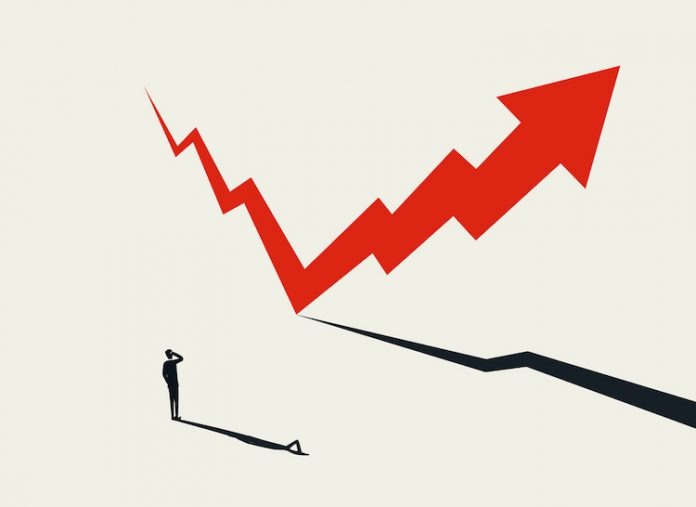The American Hotel & Lodging Association (AHLA) hosted its latest Forum Speaker Series panel, “Consumer and Business Travel Trends in 2021 and Beyond,” on Tuesday, January 26, during which experts forecasted economic recovery for the travel industry. Discussion topics included business travel, meetings and events, and hotel occupancy, among others. But the outlook is bright according to Chip Rogers, president and CEO of AHLA, who started the panel with the phrase, “new year, new hope.”
Thinking about the future, it is important to keep in mind that both airline and hospitality bookings fell globally in 2020, said Sean Menke, president and CEO of Sabre. “Going forward, we have got to be very cognizant of the restrictions that are taking place, but what you’re finding is pent-up demand, a lot of the same things on the airline bookings side of the equation relative to a level of confidence taking place. Bookings are very much on the leisure side.”
Recovery will be driven by leisure travelers in drive-to markets with outdoor activities, reflecting what was seen in the summer of 2020. According to Amanda Hite, president of STR, demand levels will not surpass what was seen in 2019 until 2023 at least. And pent-up demand is coming from all segments, but urban markets “will be one of the last because there is so much dependent on the business traveler…and the group business.” She added, “It will be further into the year before they start to see any real recovery.”
The reason urban markets will take longer is “simply because a lot of people didn’t want to go to the larger cities,” during the pandemic, said Reggie Aggarwal, CEO and founder of Cvent. He added that many hotels in urban centers were closed because hotels were dependent on group bookings. The biggest drivers of recovery are going to be “domestic events and smaller events,” Aggarwal explained. “Those are the ones that will first rebound for sure, and then you’ll start getting into larger events, and the larger events where people are flying from the U.S. or from around the world.”
Business travel may have slowed, but it didn’t completely stop in 2020. Justin Knight, CEO of Apple Hospitality REIT, Inc., and AHLA vice chair of the board, said that business travel was mostly project-specific and local in 2020. “Our expectation is that moving through 2021, that smaller, local business travel and elements of business travel will continue,” Knight explained. “While we tend to think of business travel as this large category, we’ll see different things put out in different markets and different regions of the country depending on the primary industry that’s driving business transient demand. I think we’ll see differentiation between some of the suburban markets where people are more likely to go back into the office in the nearer term and the urban markets, which will drive…this staggered recovery that will be a little bit uneven across the country.”
For 2021 and beyond, the industry will be looking to create an environment where “we’re setting rate at the appropriate level to ensure maximum profitability,” Knight said. “As we look to 2021, a significant amount of our focus in the coming year will be around sourcing business and building back occupancy at our hotels. And then ensuring that we do it at the right price point to maximize the potential of that business.”











